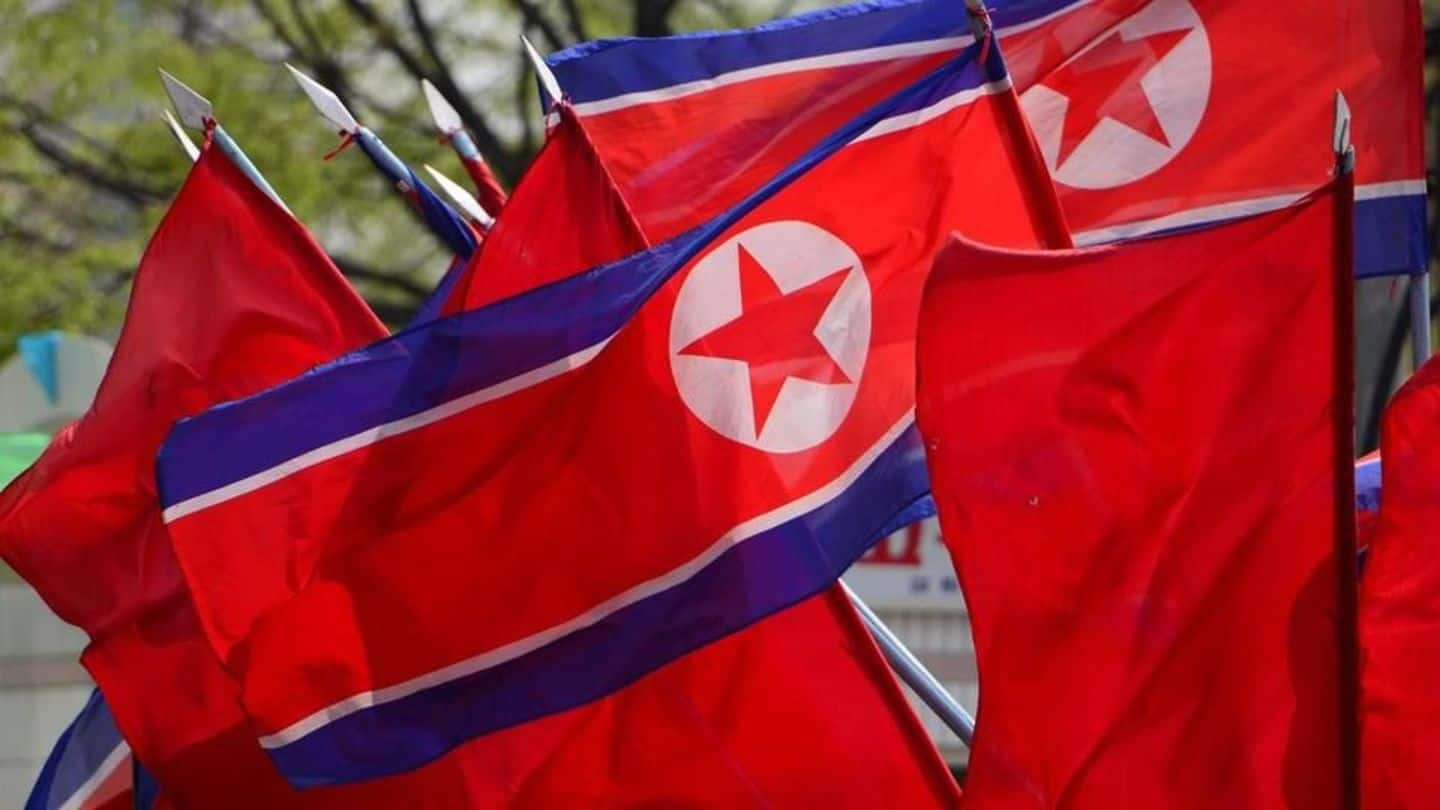
UN sanctions: Beijing orders North Korean companies to close shop
What's the story
World powers seem determined to put maximum pressure on North Korea, in order to discipline Pyongyang for its rogue behavior.
In a new development, Beijing has asked North Korean companies to shut down their operations in Chinese territory by January 2018.
The move is in line with sanctions which the UN Security Council unanimously imposed on Pyongyang earlier this month.
Here's more about it.
Details
UN Security Council imposes new sanctions on North Korea
On September 11, the UN Security Council unanimously imposed new sanctions on Pyongyang following its recent H-bomb test.
Measures included bans on North Korean textile, coal, lead, and seafood exports and the recruitment of North Korean workers.
Russia and China only agreed to endorse the resolution after the US backed down from its proposal to impose an oil embargo and freeze Kim Jong-un's assets.
China's role
North Korea crisis: What is China's role?
China has historically shielded Pyongyang from sanctions but is critical of its nuclear escalation tactics.
As North Korea's communist neighbor and largest trading partner, Beijing is expected to have a say in what Pyongyang should/shouldn't do.
US President Donald Trump has publicly called on China to help the US in handling North Korea.
However, at other times, Trump has been critical of China's inaction.
Information
Handling Pyongyang: How does China's approach differ from the US?
In a separate proposal at the UNSC, China and Russia had proposed for dual measures to be implemented by both Washington and Pyongyang. This was rejected by the US. Russia and China had further insisted on keeping options open to supply oil to Pyongyang.
Sanctions
What has China done so far?
China has stressed on using diplomatic means to resolve the crisis.
In February 2017, Beijing banned coal imports from North Korea.
In September 2017, China stepped up sanctions against Pyongyang by limiting oil exports and banning textile imports from the isolated regime.
As Pyongyang's sole source of hard currency, the measures are purported to have a crippling effect on the North's economy.
Conclusion
Are sanctions affecting North Korea?
Pyongyang has invited numerous trade and economic sanctions since 2006.
These are intended towards crippling its economy, thereby discouraging it from pursuing its nuclear ambitions.
However, North Korea's economy is believed to have recorded its fastest growth rate in over 17 years in 2016.
Sanctions are further seen to not discourage them from allocating a large share of their tiny GDP for defense purposes.